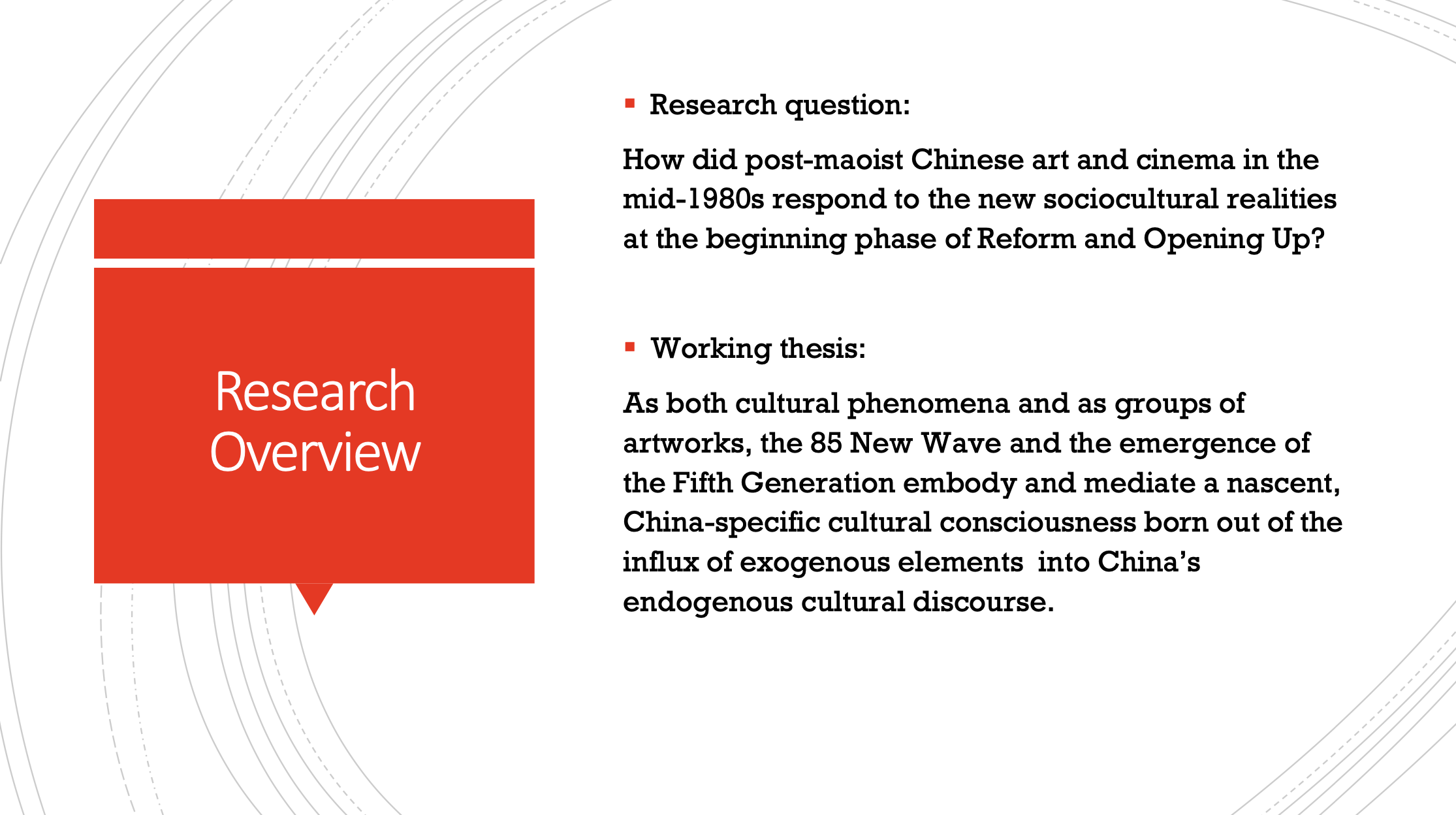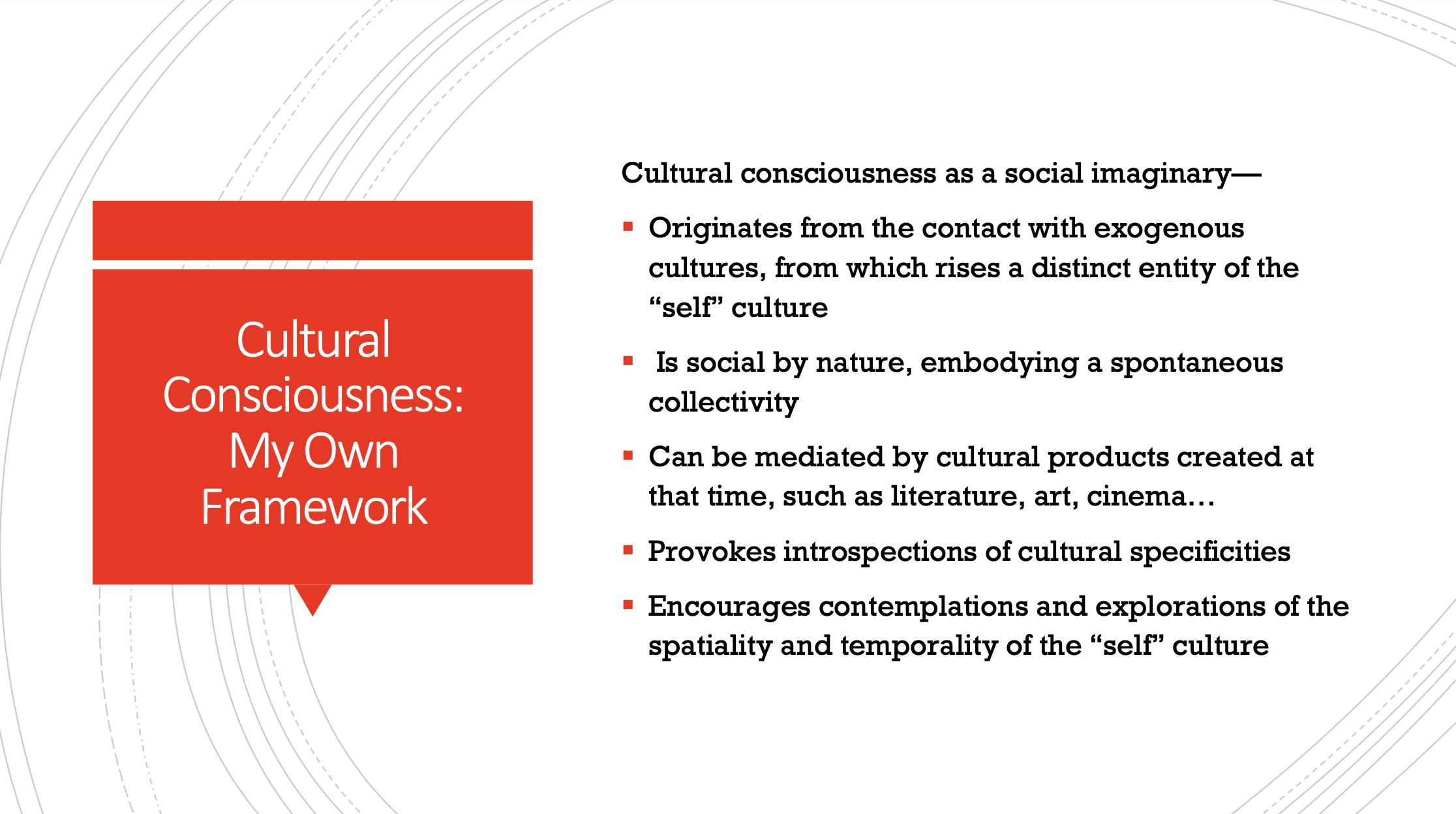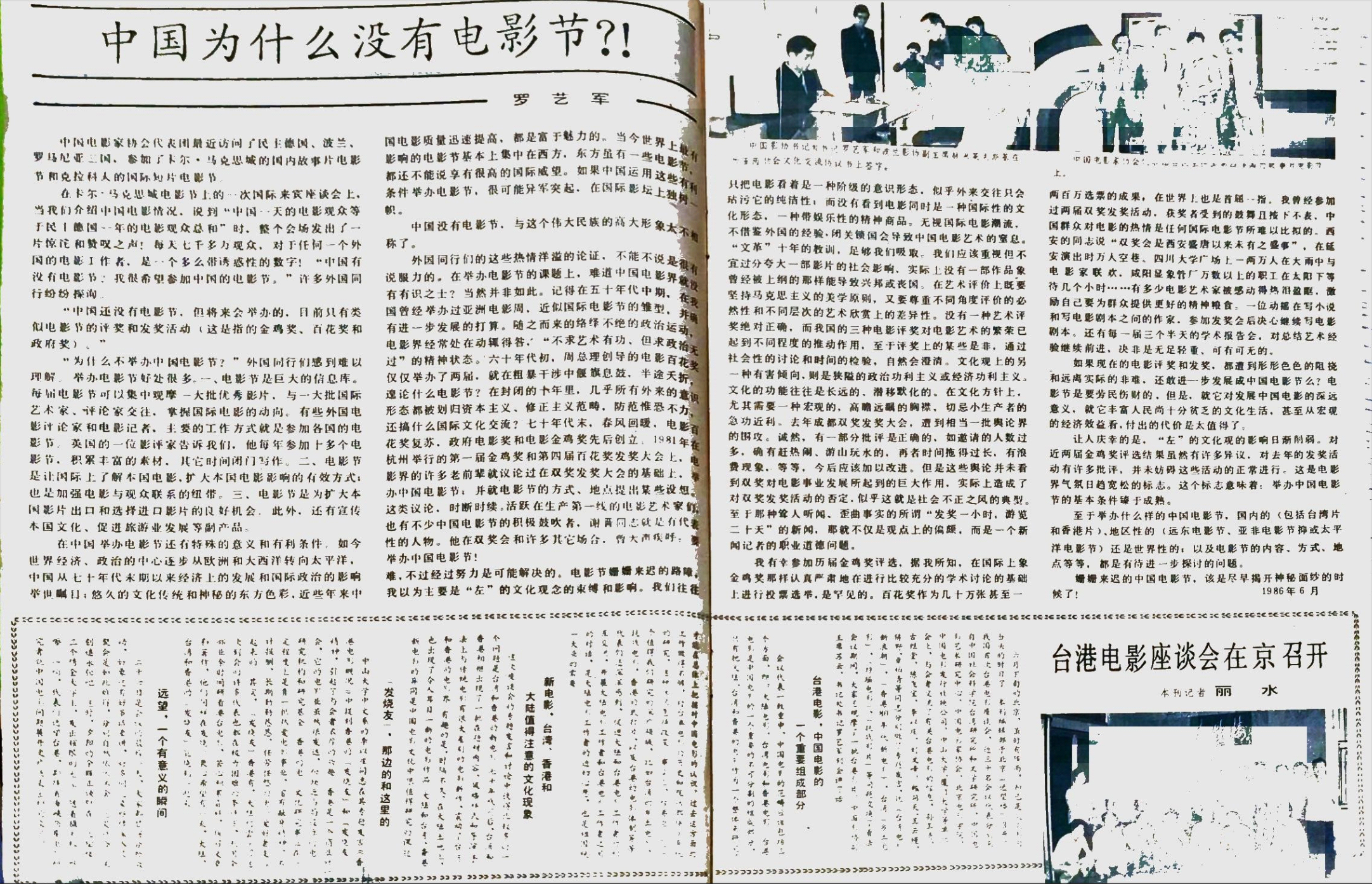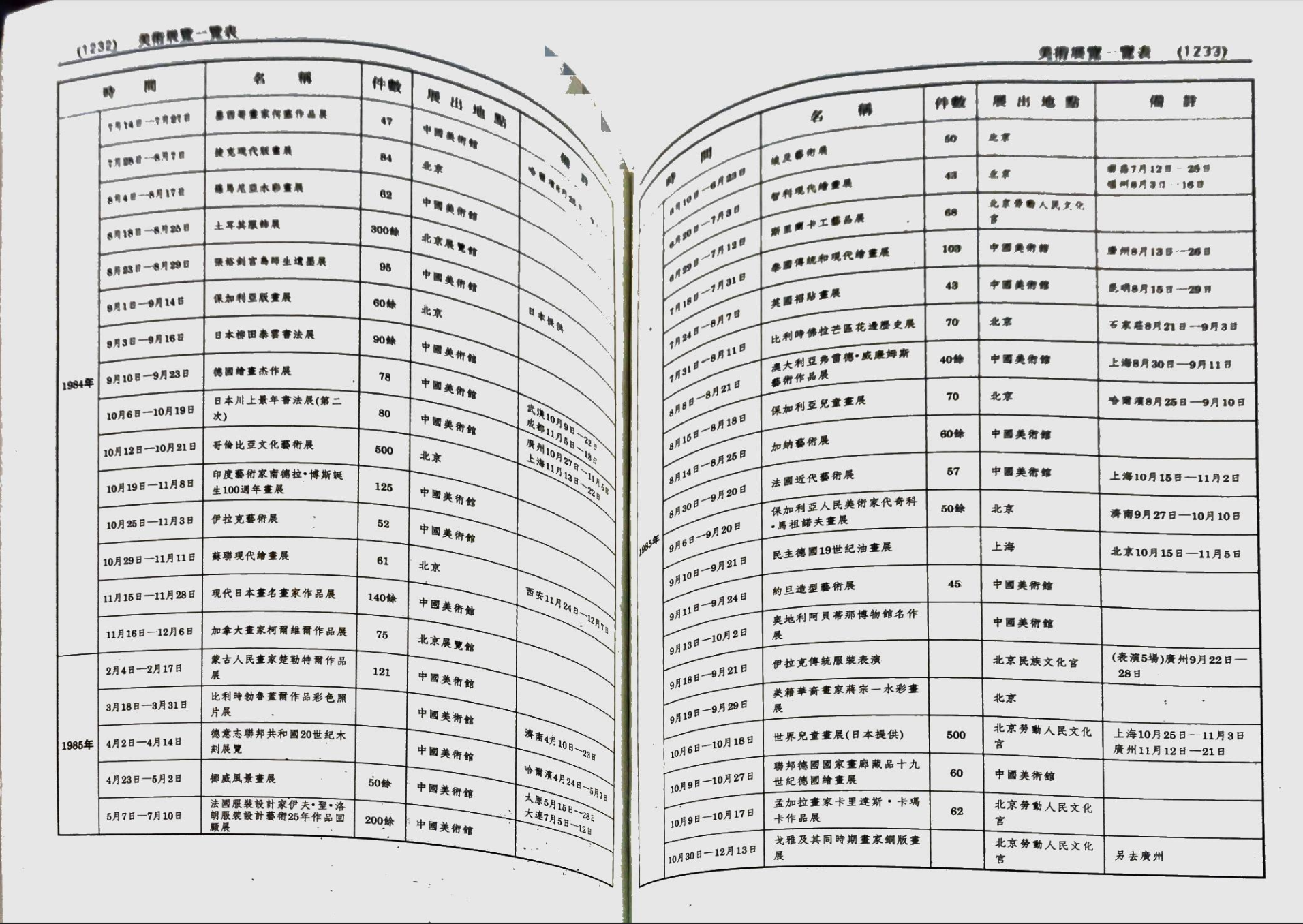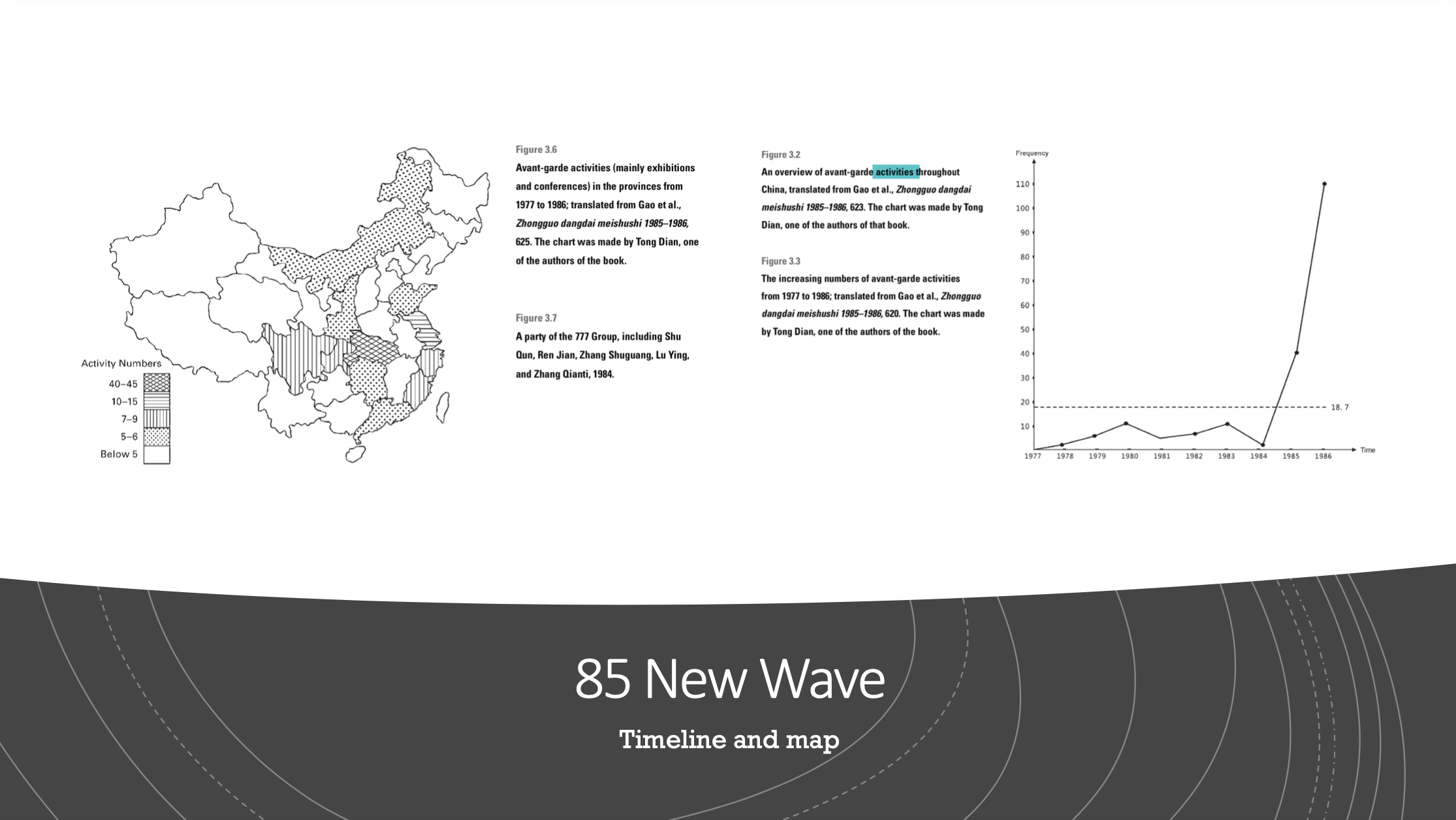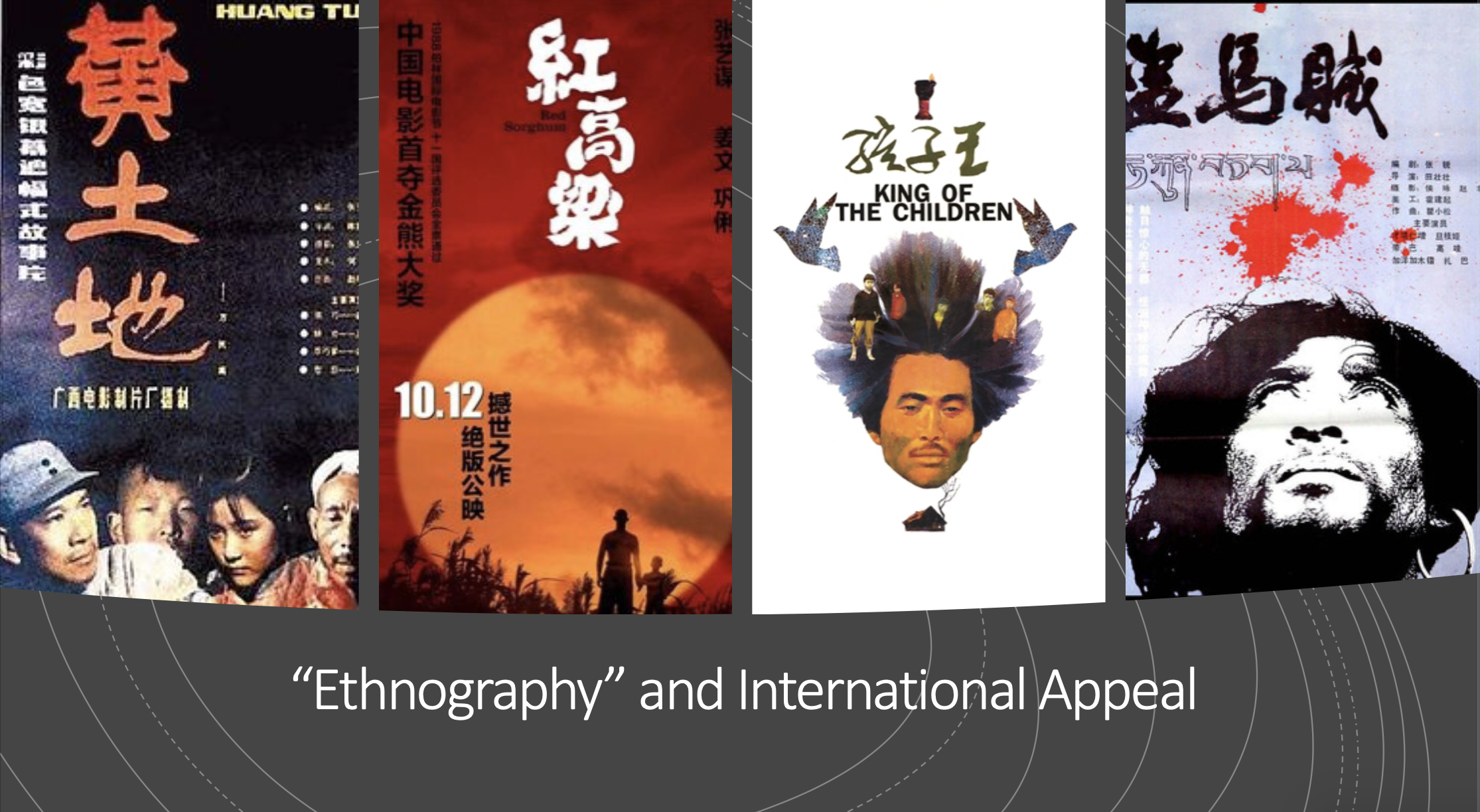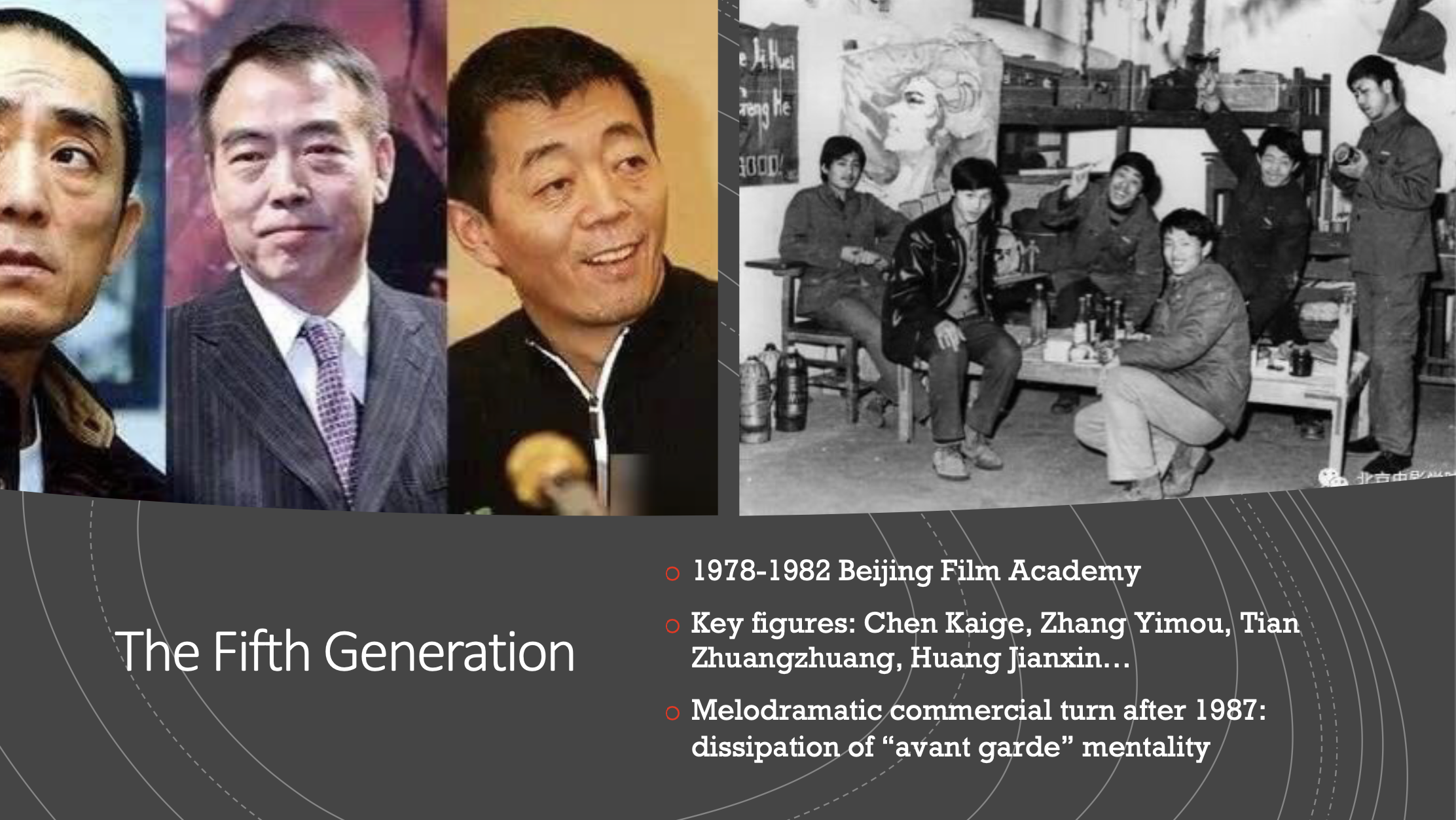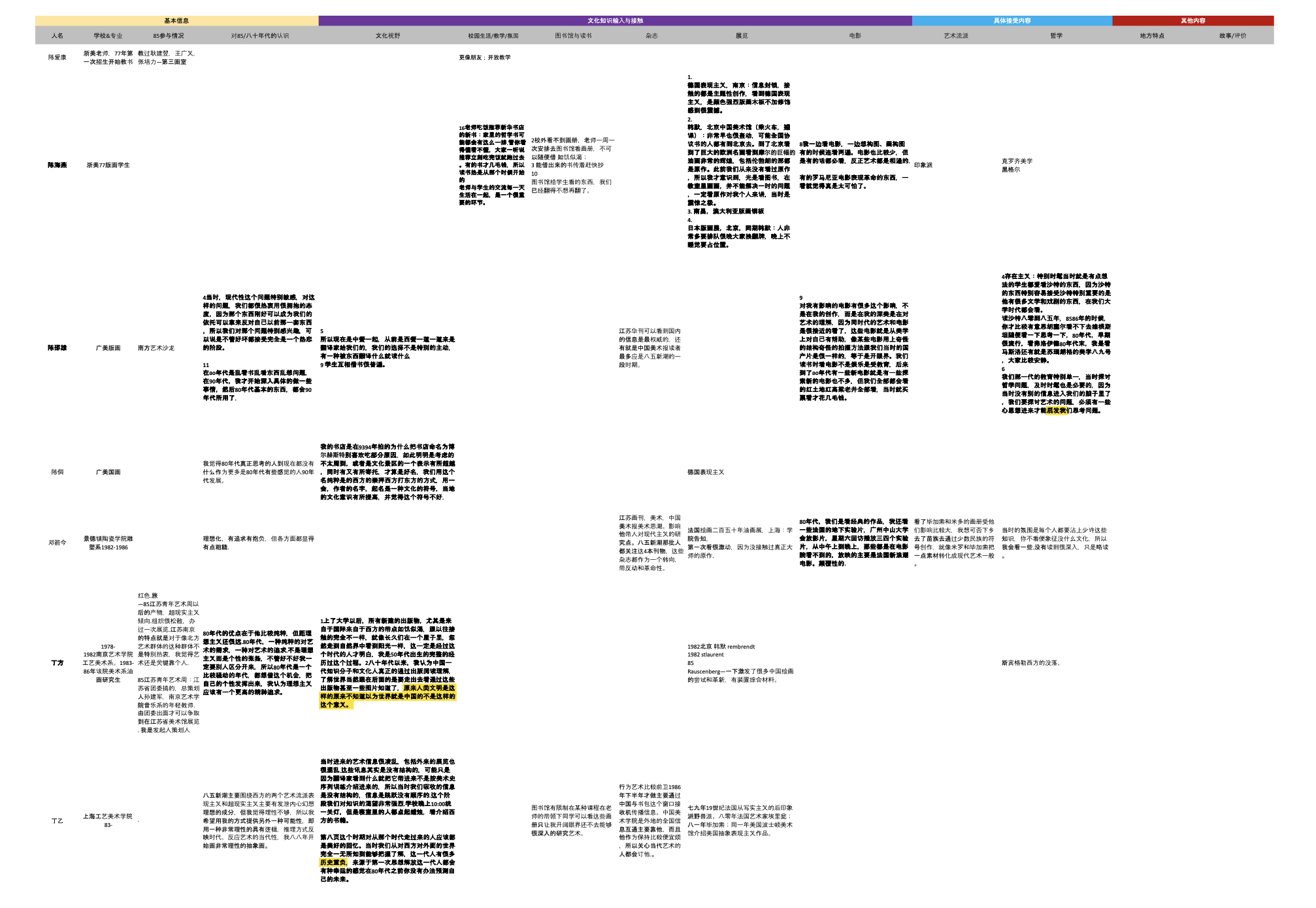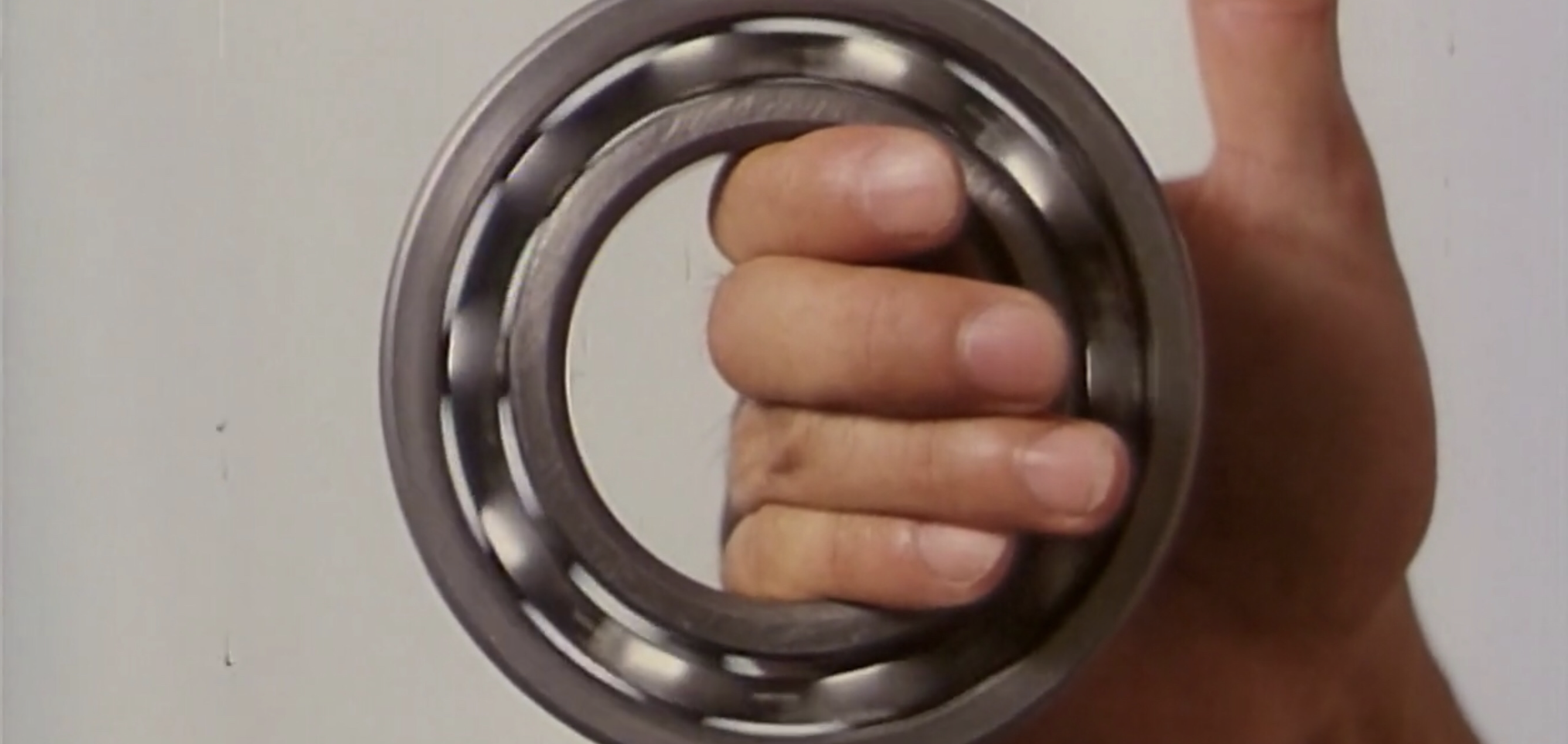
Contact and Response: Cultural Consciousness in Post-Maoist Chinese Art and Cinema 1983-87
Based on year-long archival research, this article explores the emergence of cultural consciousness in post-Maoist China through the visual practices of avant-garde art and cinema between 1983 and 1987. Focusing on the 85 Art New Wave and the Fifth Generation filmmakers, it examines how young intellectuals—following renewed contact with foreign cultures—engaged in creative negotiations with modern Western paradigms. Drawing on Teng Suyü and John Fairbank’s “contact and response” framework and Fei Xiaotong’s theory of cultural consciousness, the paper argues that these artistic movements visually articulated a heightened awareness of the Chinese cultural Self in a moment of national redefinition. By treating artworks and films as visual documents of social imaginaries, the study investigates how cultural identity was questioned, discredited, reclaimed, and reimagined through aesthetic form, and how this brief but intense period echoed the cultural ferment of earlier moments in modern Chinese history.
